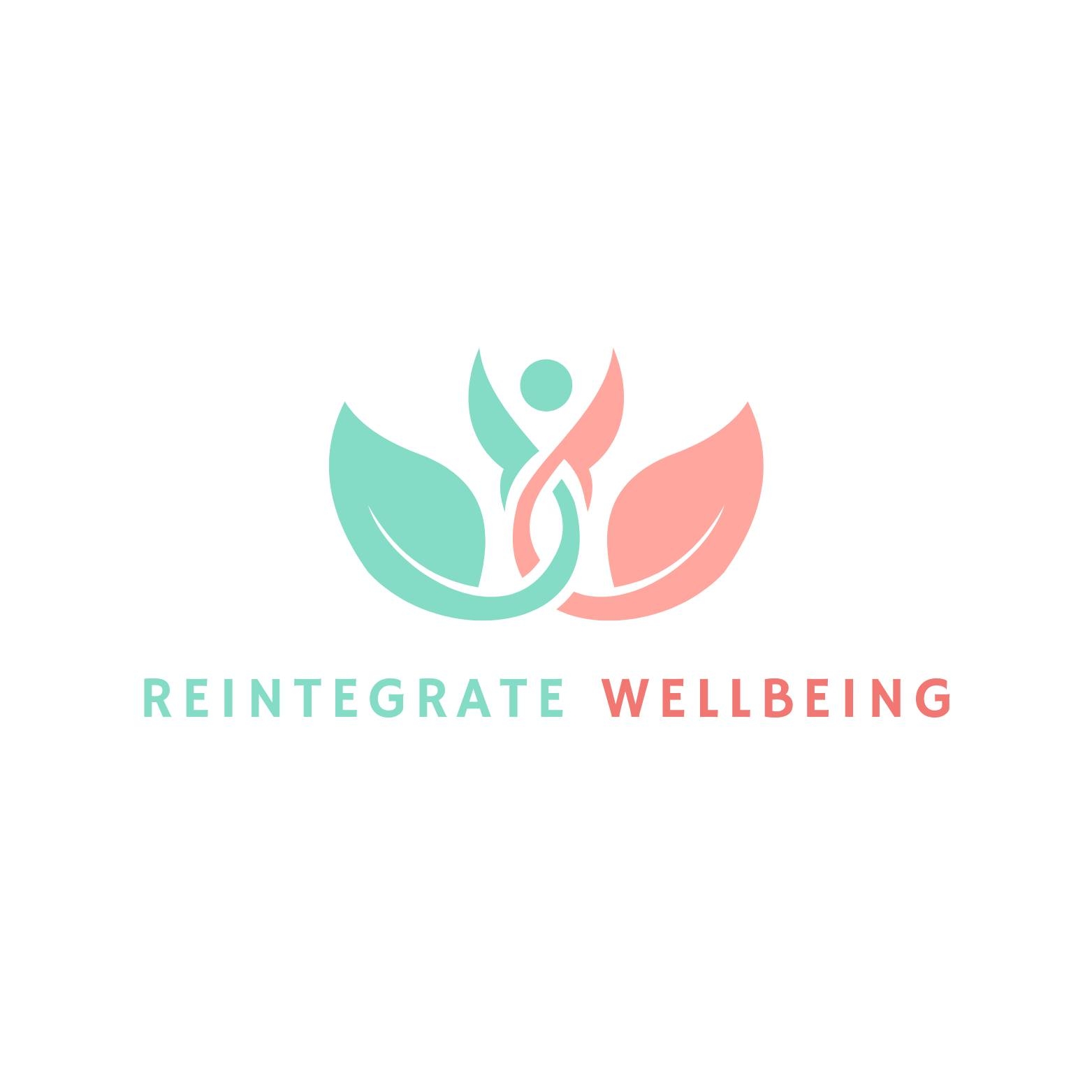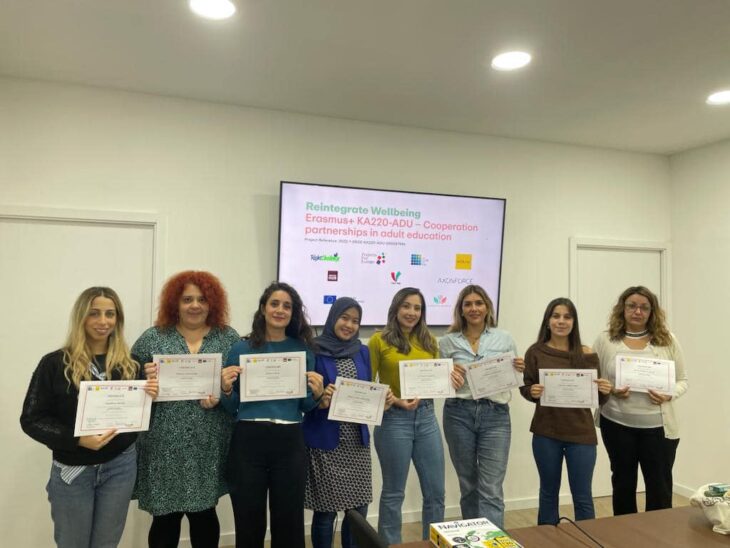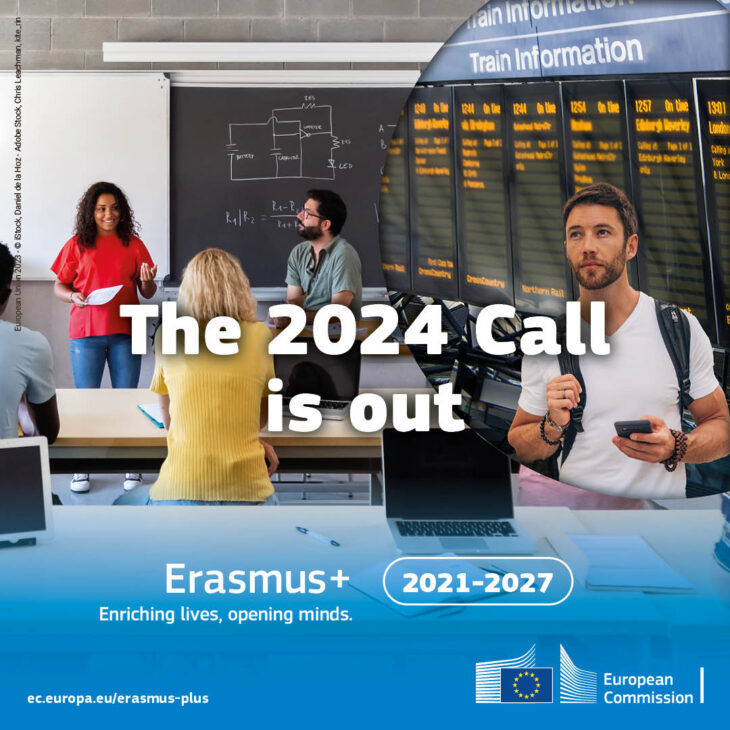Life can be stressful, and stress can rapidly turn into burnout. If you’ve ever felt extreme mental and physical exhaustion and overwhelmed by the pressure to perform your daily tasks, you may have experienced burnout.
A September survey of almost 700 professionals conducted by consulting company Korn Ferry found that 89% felt they were experiencing burnout. Some workers have left their job. Others move to new cities or make similar drastic changes.
The Reintegrate Wellbeing Erasmus+ project aims to support employees who are victims of burnout and often in long-term unemployment to reintegrate into the job market, by showing them how to refind motivation and self – confidence. On the other hand project activities will encourage employers to create a healthier workplace in terms of the engagement and well-being in the work environment.
The main objectives of the project are following:
● increasing the understanding of organisations and individuals of the importance of wellness
at work
● strengthening the soft skills of individuals who have experienced job burnout and are long-term unemployed
● providing knowledge and tools to organisations so that they can take measures to prevent and combat employee burnout
● provide guidance to individuals in finding new employment under less stressful working conditions
Axonforce, our IT agency, and Berlink, our German training agency, together with 5 other partners from as many European countries, are working on project activities, which aim to provide better understanding of policies and practices in the context of burnout and raise awareness of the problem thereby helping to prevent its manifestation among employees and the employers.
The actions will also focus on the development of soft skills in the working environment, overcoming psychological challenges and social stigma in the framework of burnout.
The objectives of the project will be achieved through innovative methodologies and with the cooperation of seven partners from six countries, who bring their expertise and knowledge of the subject to the project.
To find out more about burnout, how to prevent it and how to deal with it, also thanks to the results of the “Reintegrate Wellbeing” project, you can visit the website and follow the official social channels Facebook and Linkedin.



















